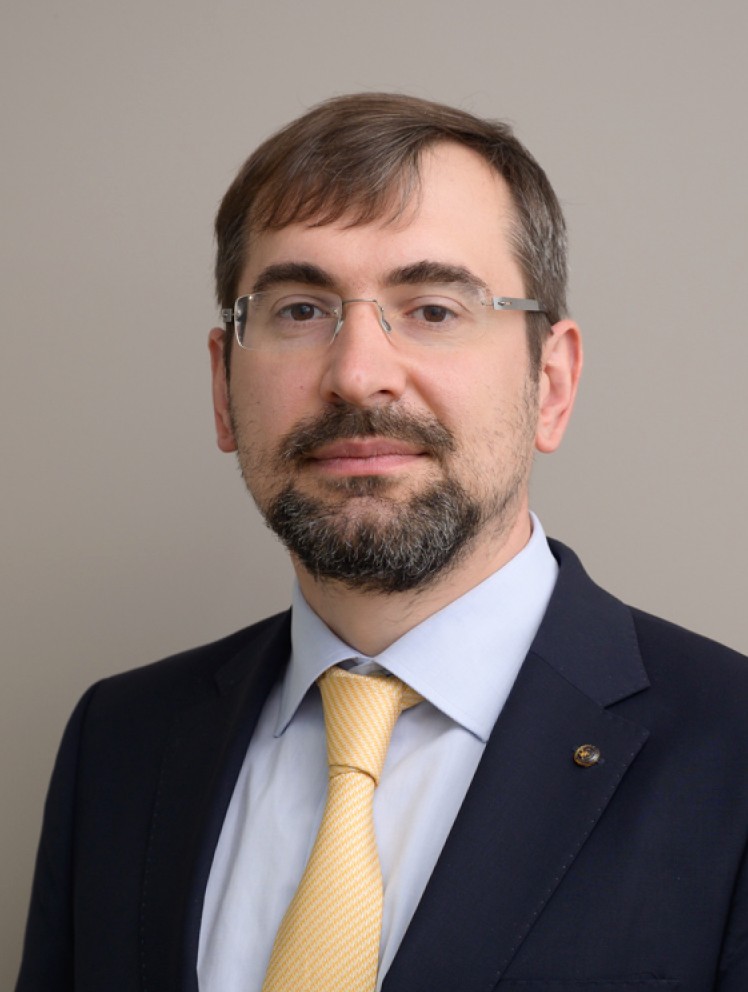Arthur Zurabyan, of ART DE LEX, commented on the decision of the antimonopoly body to postpone the deal between General Electric and Alstom
The government commission that controls foreign investments postponed its consideration of GE’s absorption of the Russian subsidiary, Alstom, for two months, as Igor Artemyev, the head of the Federal Antimonopoly Service, told Interfax after a meeting. According to Artemyev, Alstom owns companies that are involved in the Russian nuclear industry, so there is a “need to study closely all the features of the Russian national nuclear industry.” Alstom has to evaluate all the possible consequences of the transaction with Rosatom, Artemyev said. He added that no particular concerns about the deal have emerged, but he refused to comment further.
Alstom’s shareholders approved the sale of the energy division of the American firm GE at the end of last year. The transaction is worth EUR 12.4 billion, while shareholders will receive EUR 3.5-4 billion through a redemption. GE and Alstom will set up three joint ventures in the areas of power grids, renewable energy, and nuclear energy. The French government will have the right to veto the company’s decisions in security-related technologies and nuclear power. In Russia, Alstom owns 49 percent of the joint venture Rosatom-Alstom-Atomenergomash. The firms created the joint venture in 2007 to produce steam turbines and generators of 900-1900 MW, based on the Arabelle low-speed technology of Alstom, for the equipment running the turbines of nuclear power plants and other operations.
What is profitable for Rosatom is profitable for the Russian government if it does not interfere with other interests. The person who decided to postpone the deal is almost certainly Sergey Pikin, director of the Energy Development Fund, a state company. Perhaps the Energy Development Fund, which is a competitor of Rosatom, is worried about how the joint venture with Alstom will operate, after the American company repurchases the shares, according to Alexander Uvarov, the editor of the online publication AtomInfo. He added that the joint venture is important for Rosatom since many customers, such as China, prefer low-speed turbines, and Rosatom does not produce them yet.
Arthur Zurabyan, the head of the International Arbitration and Dispute Resolution Practice of ART DE LEX, observed that, because the enterprises are of strategic importance for the defense of the state, the government has the authority to postpone the deal, which will not take place directly through Russian companies but indirectly through third parties, including nonresidents.
Representatives of Alstom and GE did not respond to questions from Vedomosti. A representative of Rosatom only said that the company will form a position later.
